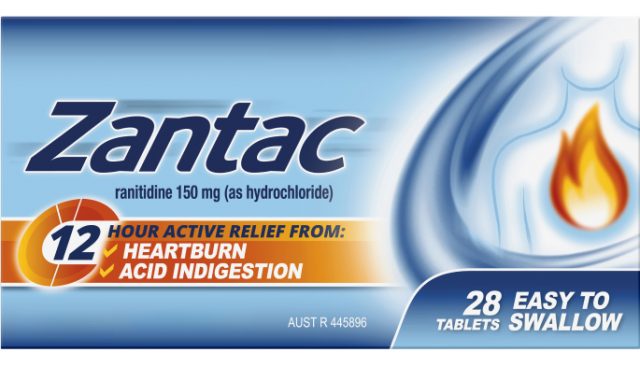
COLUMBUS, Ohio — Ohio Attorney General Dave Yost is pushing to take a leading role in a federal securities lawsuit that accuses pharmaceutical giant GSK, formerly GlaxoSmithKline, of concealing the cancer risks of its once-popular heartburn drug, Zantac—deceiving investors and causing billions in losses.
On Monday, Yost filed a motion requesting that the Ohio Public Employees Retirement System (OPERS) be appointed co-lead plaintiff in the class-action lawsuit, joining the Indiana Public Retirement System. OPERS reportedly lost $14.6 million due to the alleged misconduct.
“The company knew about its product’s link to cancer but kept it a secret for decades,” Yost said. “The reckless cover-up had tragic health consequences for patients and caused serious financial harm for investors.”
The case, filed in the U.S. District Court for the Eastern District of Pennsylvania, targets GSK and three of its top executives, including CEO Emma Walmsley. It seeks damages on behalf of investors harmed by the company’s alleged misrepresentations regarding the safety of Zantac.
Zantac, introduced to the U.S. market in 1983, was once the world’s bestselling drug, with over 15 million annual prescriptions. It was pulled from shelves in 2020 after it was discovered the drug could degrade into NDMA, a known carcinogen.
According to the lawsuit, GSK concealed a 1982 internal study showing the risks associated with NDMA and continued to downplay concerns, even as tens of thousands of patients filed lawsuits after being diagnosed with cancer.
In 2022, the company finally acknowledged it could face up to $10 billion in liabilities—news that led to a $2.3 billion drop in shareholder value. A 2023 news investigation revealed that GSK had knowingly withheld its early findings for decades.
Most recently, in October 2024, GSK agreed to a $2.2 billion settlement with approximately 80,000 plaintiffs, resolving 93% of its outstanding Zantac-related claims.
Yost’s motion underscores the financial impact on Ohio’s public pension system and signals the state’s intent to hold GSK accountable for what it calls one of the most egregious pharmaceutical cover-ups in recent history.










